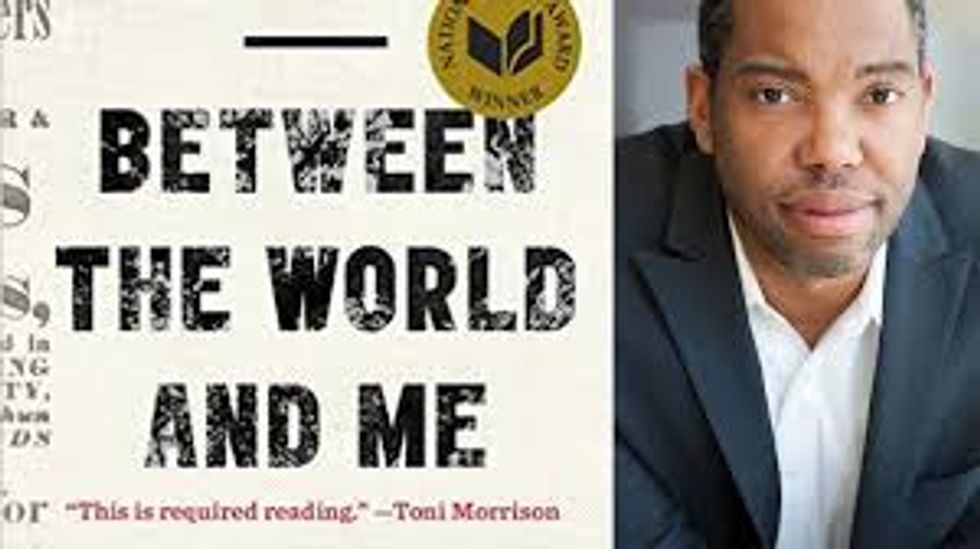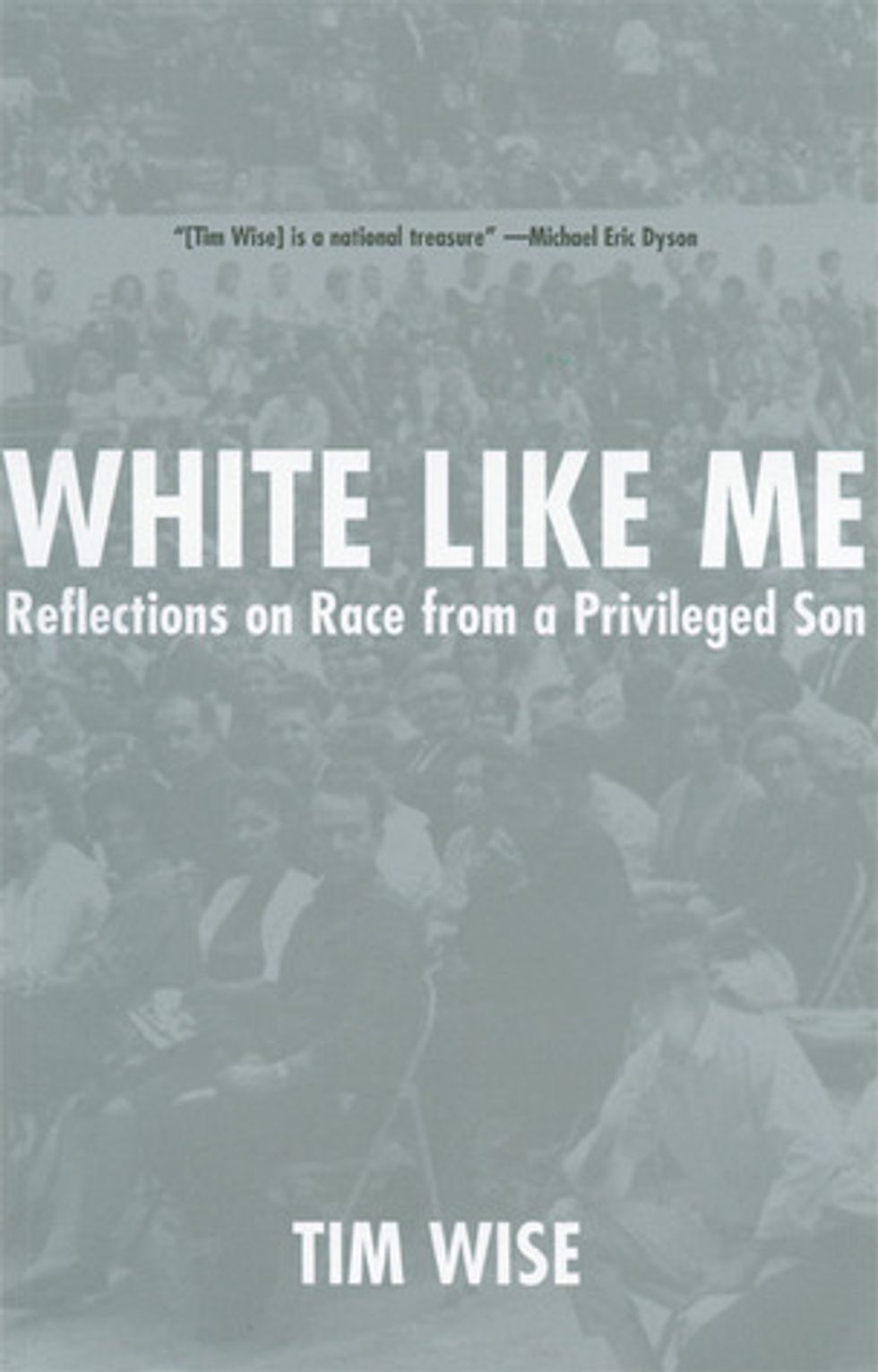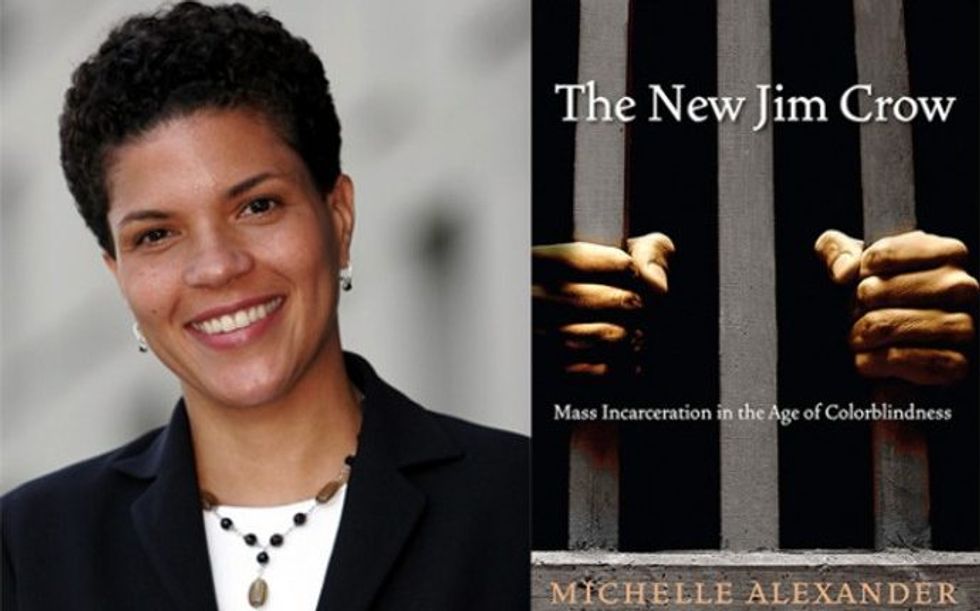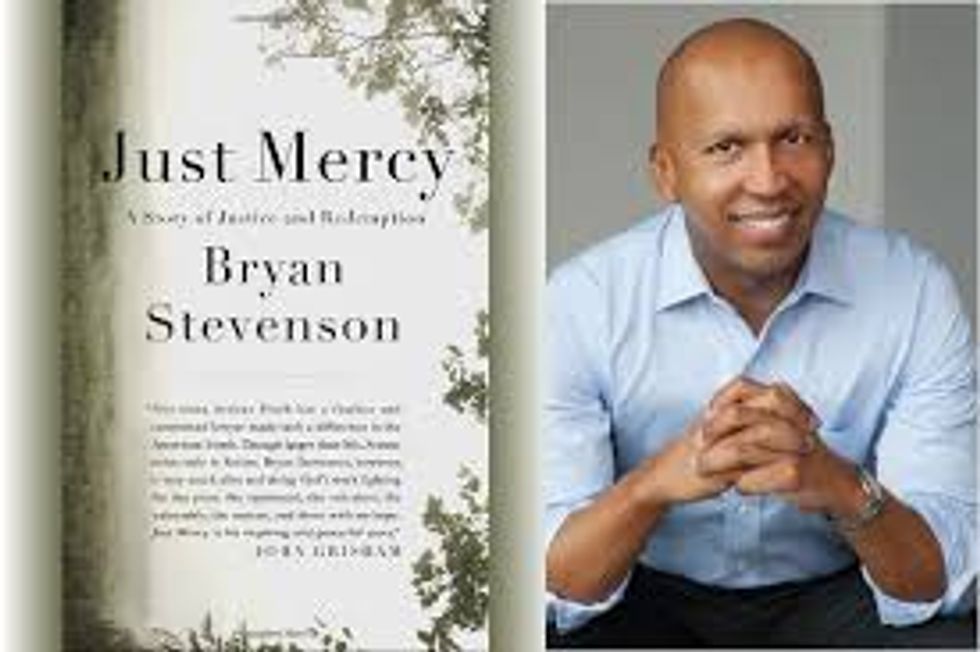Books have this wonderful ability to allow us to expand our minds. They utilize our imagination and allow us to experience other worlds or other situations vicariously.
Sometimes this involves using your wizarding powers to defend yourself against an evil villain in the name of family and courage. Sometimes these experiences involve learning the limits of authority, especially if that authority is putting you against others within an area for a to the death game, or discovering the boundlessness of love. Though more importantly, books give us the chance to experience someone’s reality and access our own.
If you’re a sociologist, you need to read these books. If you’re willing to open yourself up to new perspectives and are prepared to question your worldview, read these books. If you want to join in on the conversation of race, race equality, and social justice, put these books at the top of your reading list.
1. “Between the World and Me” by Ta Nehisi Coates (2015)
Written as a letter to his son, Ta Nehisi Coates lays out the reality of being a black man in America. He faces our nation’s history and current crisis with a fresh, raw perspective. He askes the question of what it is like to inhabit a black body while finding a way to live within it, as well as how we can all reckon with our fraught history and free ourselves from the burdens of what happened in the past.
This beautifully written book is a combination of personal narrative and reportage, providing the perspective all Americans could use to hear. It’s both heart wrenching and enlightening.
2. “White Like Me: Reflections on Race from a Privileged Son” by Tim Wise (2011)
This book is part memoir, part collection of essays in which Tim Wise, unpacks the ways in which racial privilege pays out in the daily lives of white Americans in all aspects of our social world including employment, education, housing, and criminal justice. He also examines the ways in which whites can challenge their privilege and explains why it is in the best interest of everyone to do so.
I read this book in a Race and Ethnicity course that I took in college and it opened my eyes to a lot of injustices that was happening around me that I had never realized because of my privileged skin. Reading this book has made me more aware of my social surroundings and has better equipped me to enter conversations where race is the hot topic.
3. “The New Jim Crow: Mass Incarceration in the Age of Colorblindness” by Michelle Alexander (2010)
“The New Jim Crow” tells a truth that our nation has been reluctant to face, and that’s the truth that millions of African Americans locked behind bars are regulated to a permanent second-class status. It discusses how the U.S criminal justice system functions as a contemporary system of racial control.
As more black men are being targeted through the War on Drugs, more black men are being reduced to second-class citizens, for once you are labeled a criminal you are denied basic civil and human rights like the right to vote and the right to be free of legal discrimination in employment.
Alexander, a civil rights litigator and legal scholar, ultimately declares that mass incarceration is our new Jim Crow. An especially good read if you are interested in the connection between race and criminal justice.
4. “Just Mercy” by Bryan Stevenson (2014)
This book is another good one to pick up if you love criminal justice as much as you love social justice. I can guarantee that after you finish reading this book, Bryan Stevenson will be one of your new heroes. As a young lawyer coming of age in Montgomery, Alabama, Stevenson soon witnessed firsthand the unfairness in the justice system.
In response, he co-founds the Equal Justice Initiative, dedicated to helping those that the justice system had tossed in the shadows to be forgotten, especially those on death row.
The majority of the book follows the story of Walter McMillian, a black man who was on death row for killing a white even though he swore he was guilty. It’s like a real-life version of “To Kill a Mockingbird” that will get you hooked and will have a hold on your heart until the very end. Stevenson’s writing is both beautiful and beautifully tragic.
You don't have to be a social activist to enjoy these stories of experience, struggle, and personal truth.
Know of more related titles? Comment below and spread the learning.






















